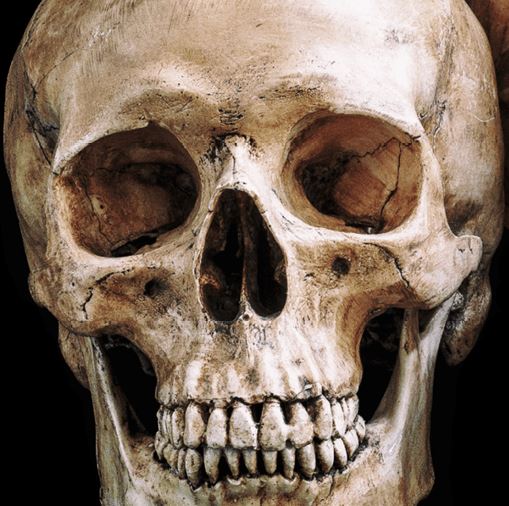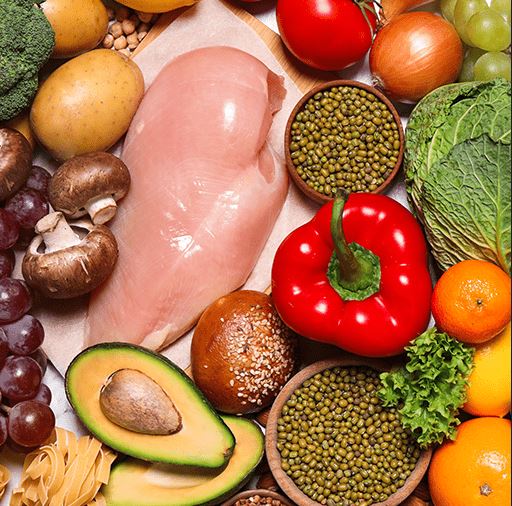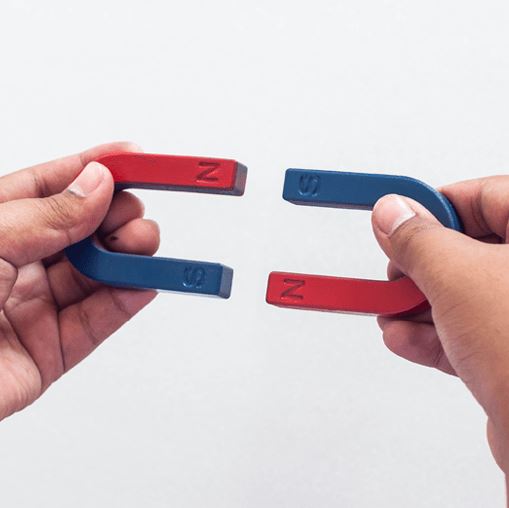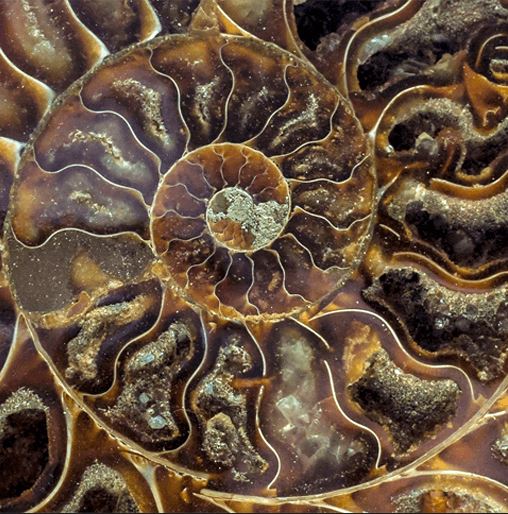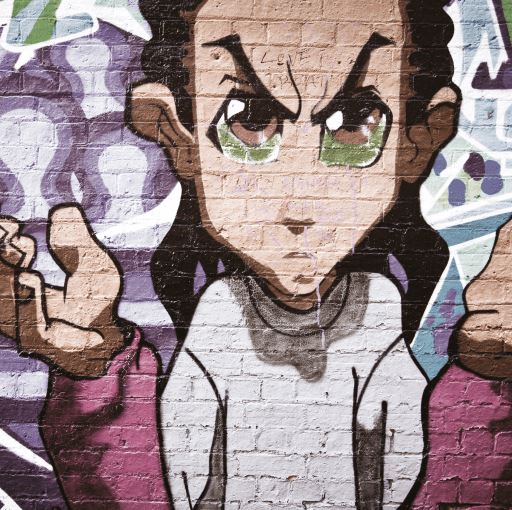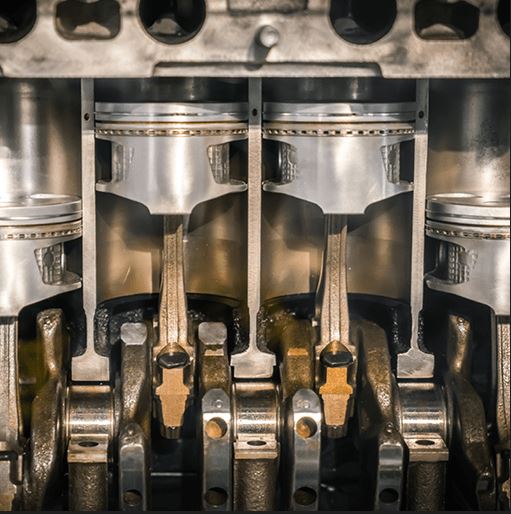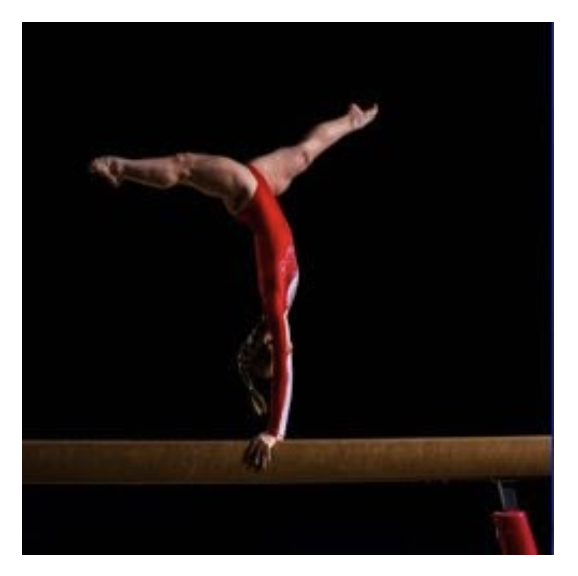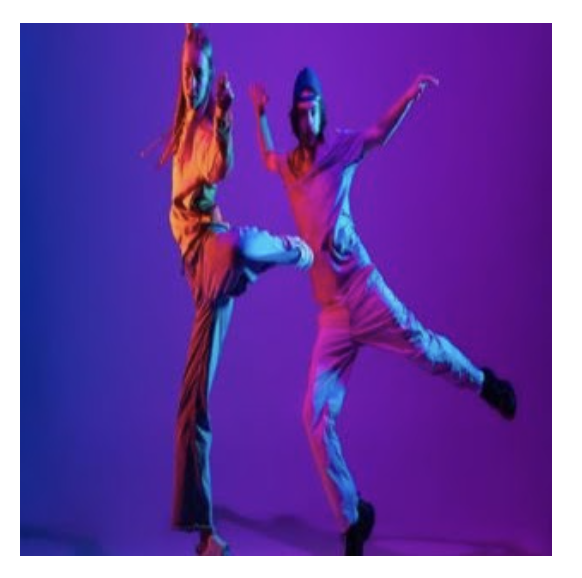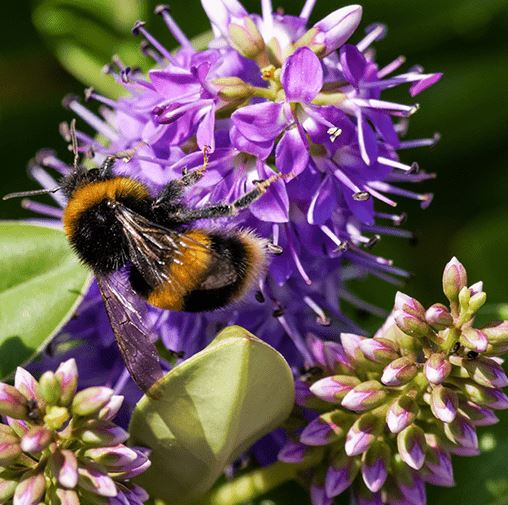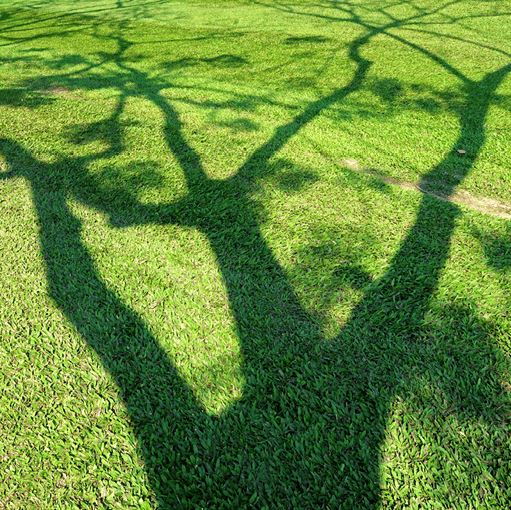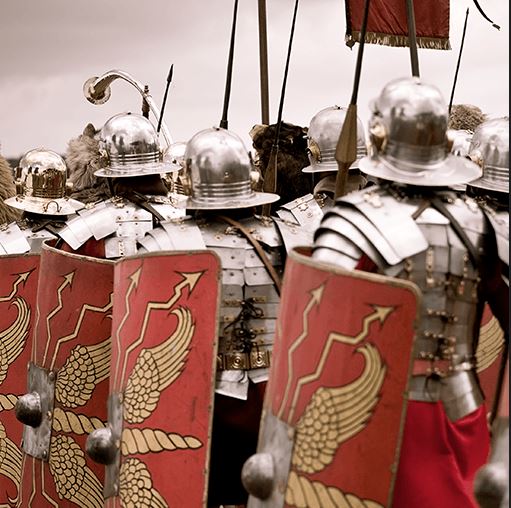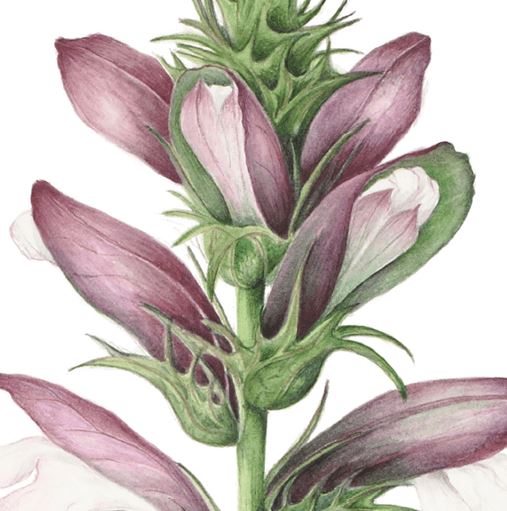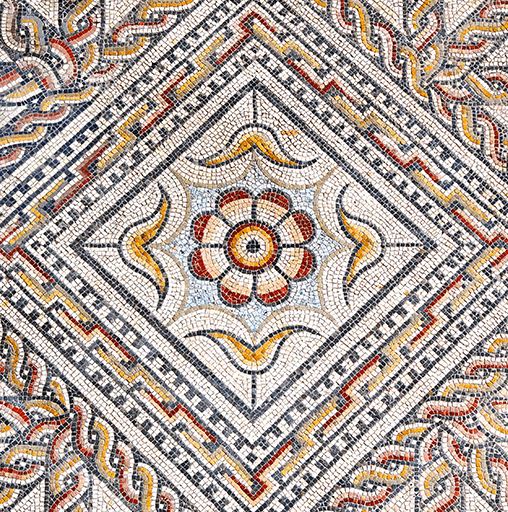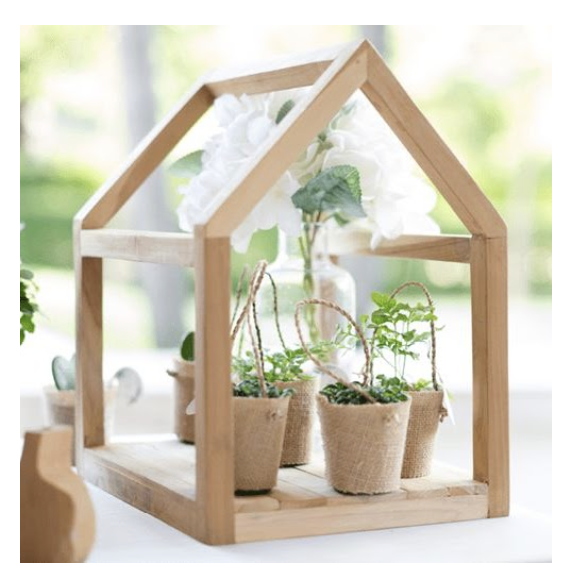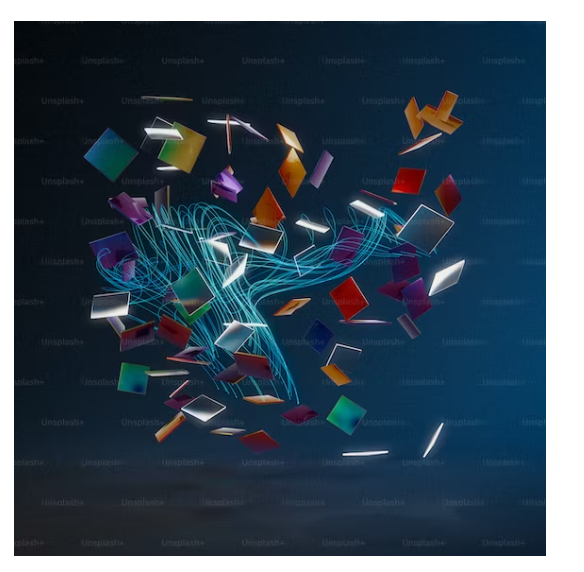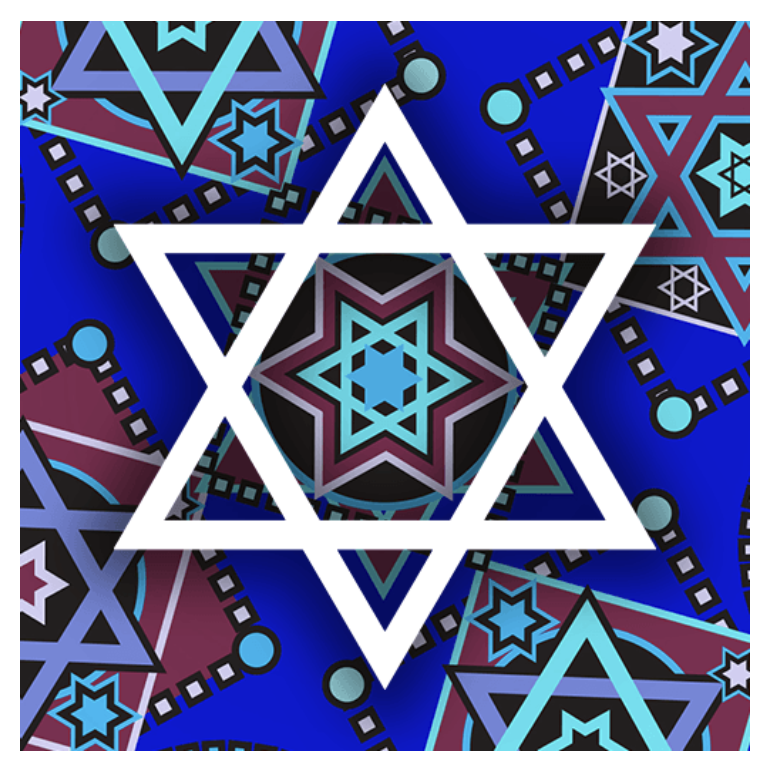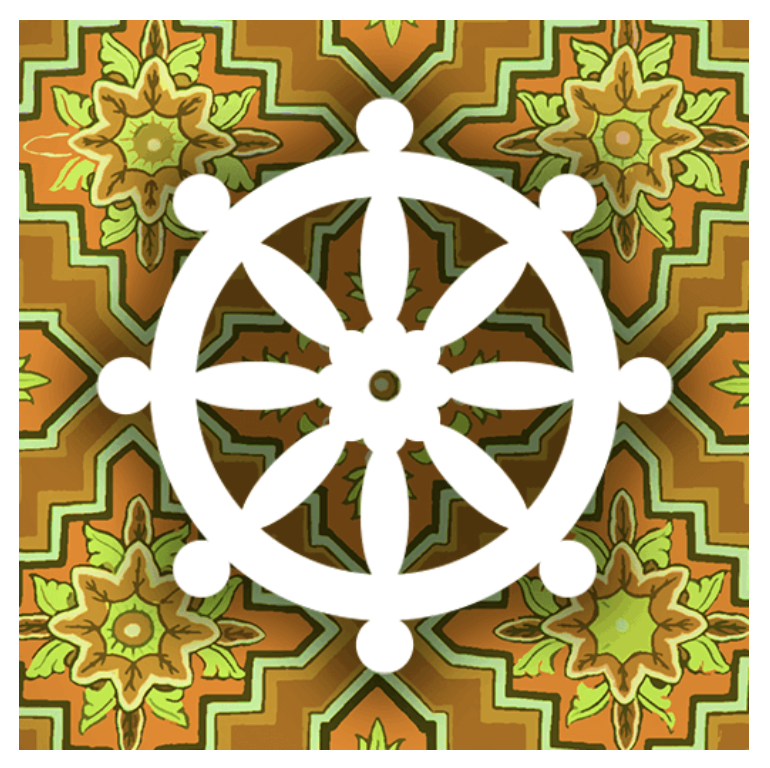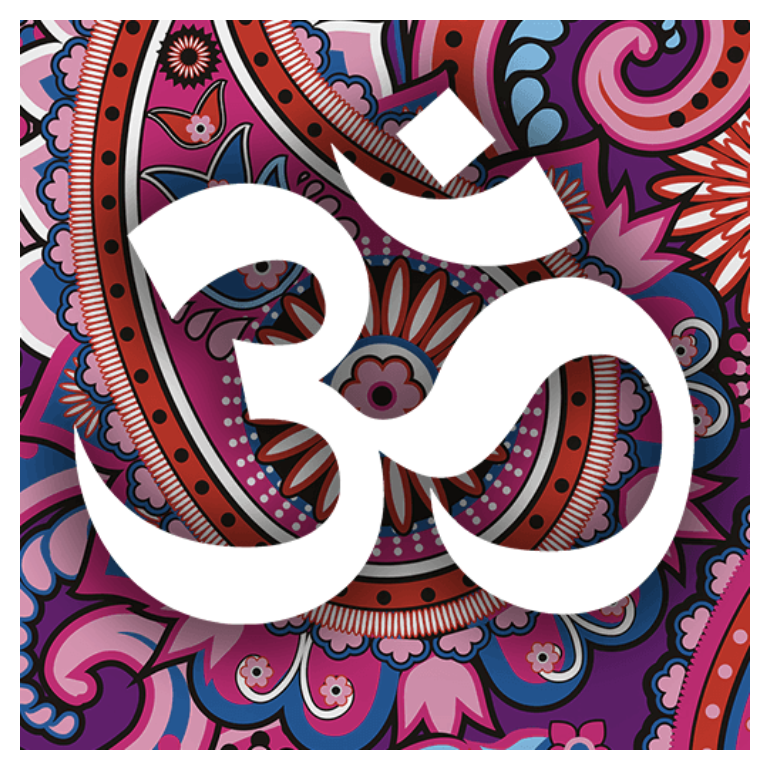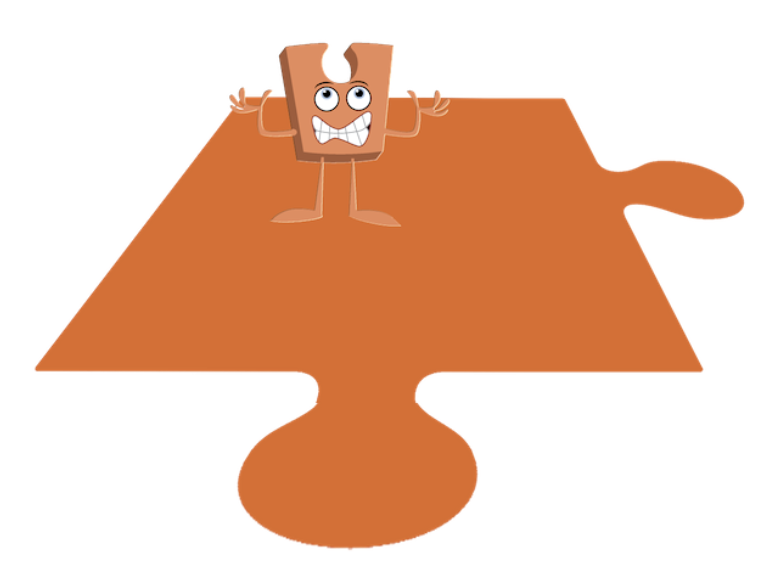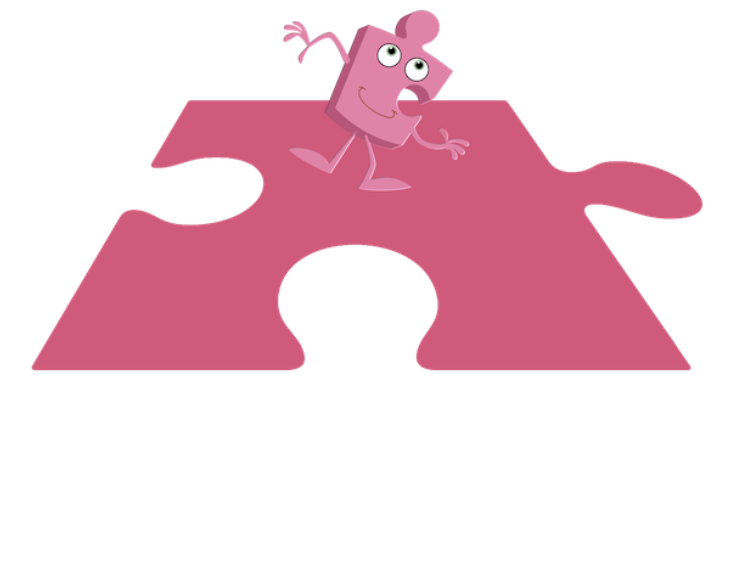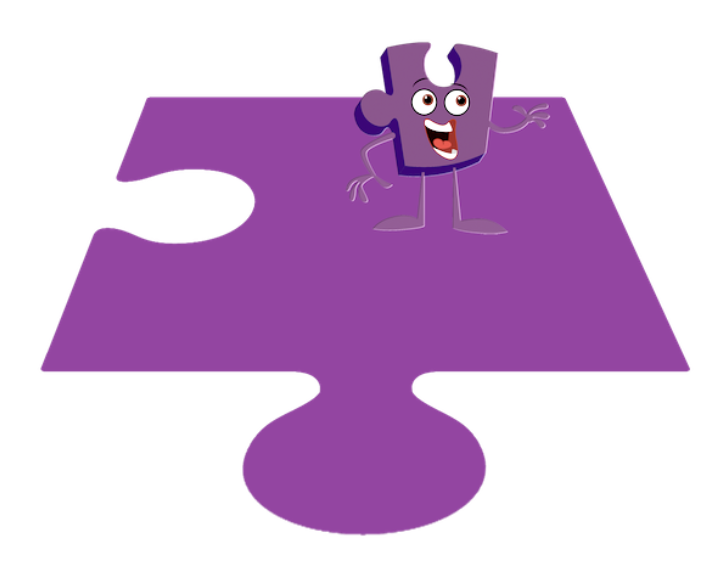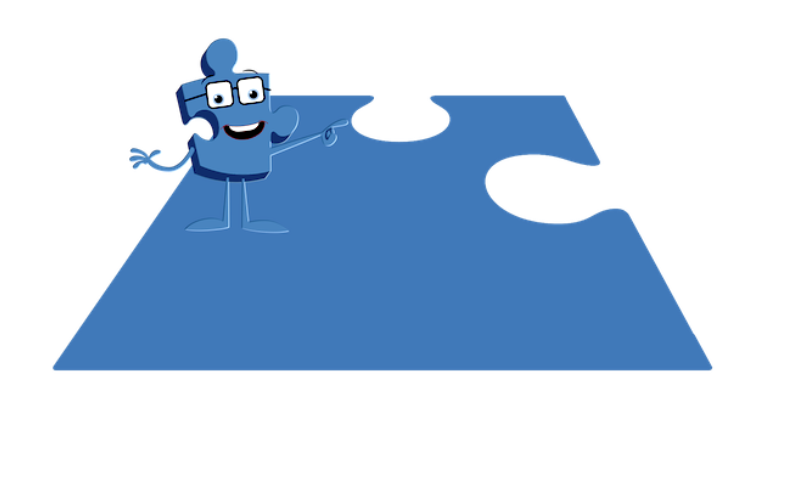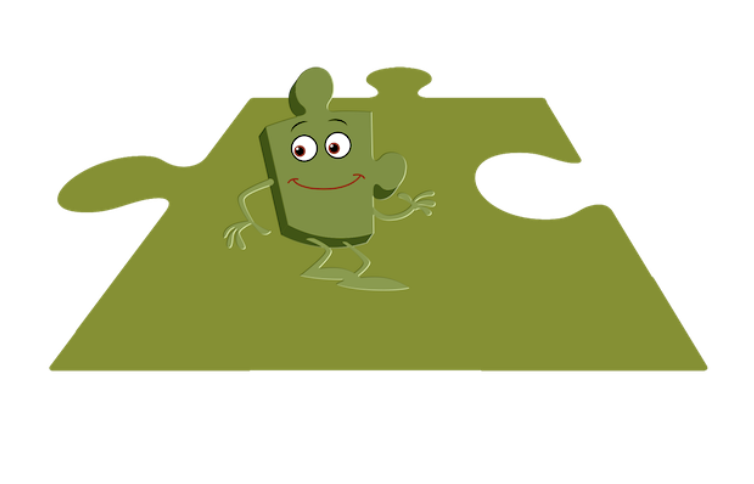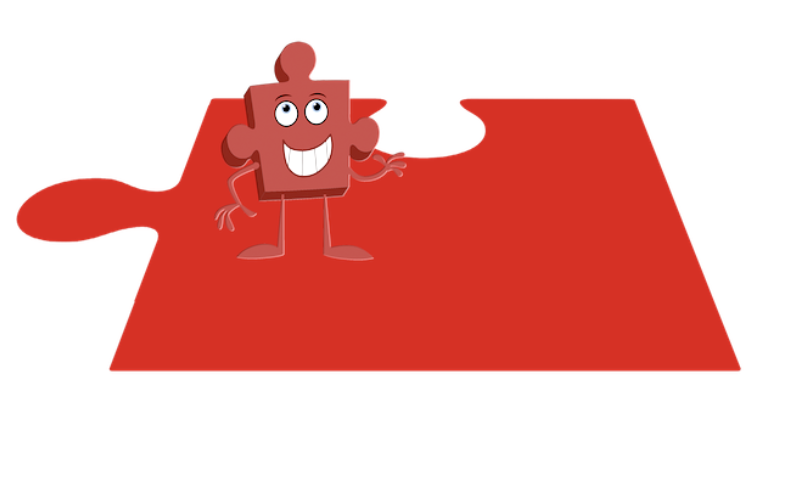Year 3
English Overviews
Reading Knowledge
Reading Spine
Writing Knowledge
Mathematics Overview & Support
We are proud to work with the Maths Hub to develop a mastery approach when teaching mathematics.
Termly Overview

KIRFS (Key Instant Recall Facts)
Topics & Overviews
AUTUMN
Science
Animal Nutrition and the Skeletal System
This project teaches children about the importance of nutrition for humans and other animals. They learn about the role of a skeleton and muscles and identify animals with different types of skeleton.
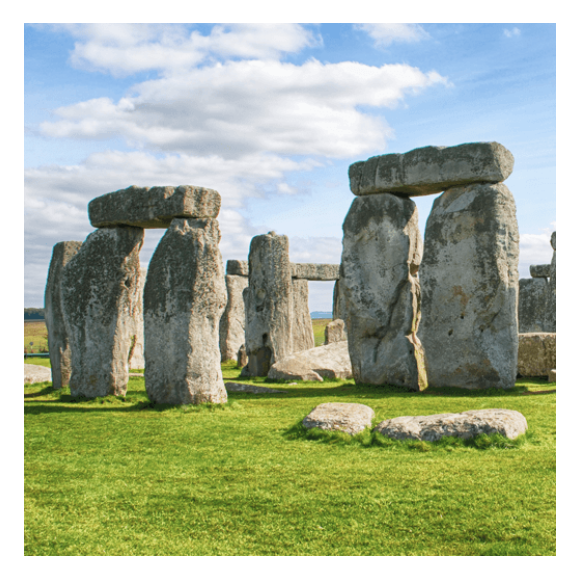
History
Through The Ages
This project teaches children about British prehistory from the Stone Age to the Iron Age, including changes to people and lifestyle caused by ingenuity, invention and technological advancement.
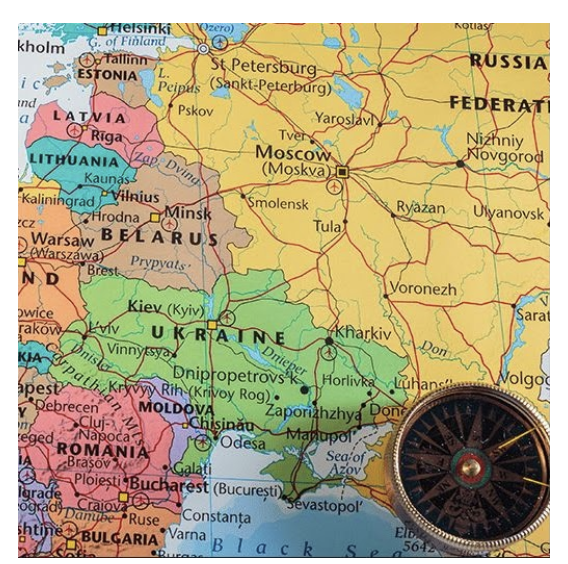
Geography
One Planet, Our World
This essential skills and knowledge project teaches children to locate countries and cities, and use grid references, compass points and latitude and longitude. They learn about the layers of the Earth and plate tectonics and discover the five major climate zones. They learn about significant places in the United Kingdom and carry out fieldwork to discover how land is used in the locality.
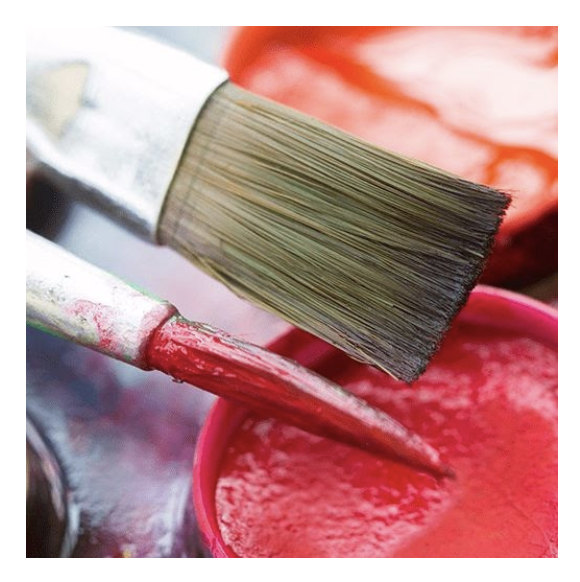
Art
Contrast & Complement
This project teaches children about colour theory by studying the colour wheel and colour mixing. It includes an exploration of tertiary colours, warm and cool colours, complementary colours and analogous colours, and how artists use colour in their artwork.
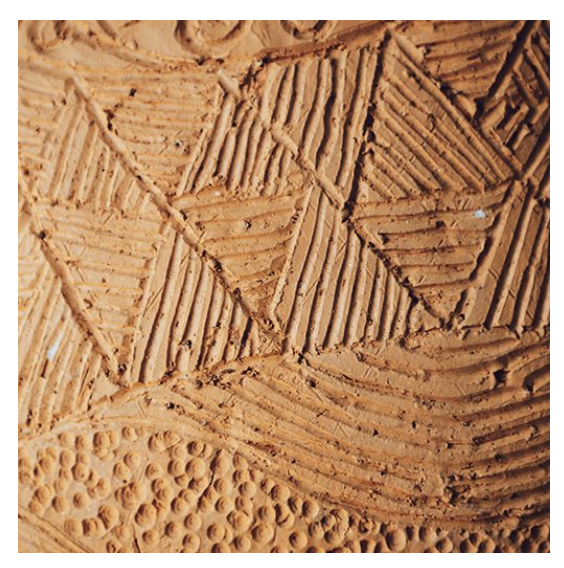
Art
Prehistoric Pots
This project teaches children about Bell Beaker pottery. It allows the children to explore different clay techniques, which they use to make and decorate a Bell Beaker-style pot.
DT
Cook Well, Eat Well
This project teaches children about food groups and the Eatwell guide. They learn about methods of cooking and explore these by cooking potatoes and ratatouille. The children choose and make a taco filling according to specific design criteria.

Music
Minimalist Maestros -Performing
This unit focuses on helping children develop their composition skills by creating minimalist songs inspired by the composer Steve Reich. Children will learn about the characteristics of minimalist music, such as repetition, phasing, and layering, and how to apply them to their own compositions. Through this unit, children will develop their rhythmic and melodic skills, as well as their ability to use technology and music software to create and manipulate sounds. By the end of the unit, children will have composed their own minimalist songs using rhythm and layers, demonstrating their creativity and technical abilities.

Music
Instrumental Explorers -Instruments
In this unit children will play a variety of tuned and untuned instruments such as the Glockenspiel, Triangle and Tambourine. They will follow rhythms with accuracy to accompany songs from around the world. Year 3 will explore dynamics, the role of the conductor and create musical scores.
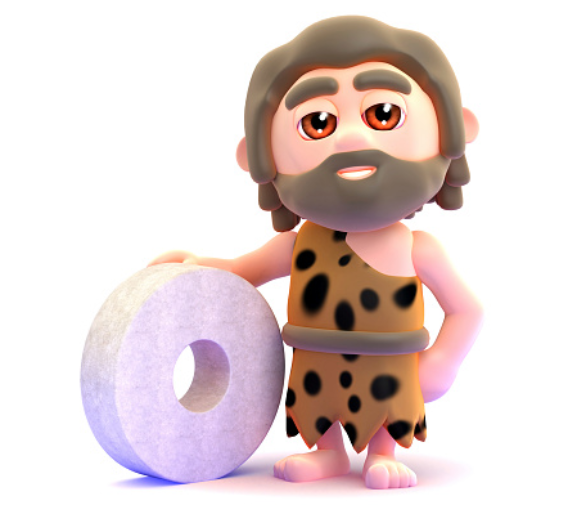
Computing
Stoneage Sounds
Sound & Podcasting
In this podcasting unit the children will create a script, record it and add sound effects for a purpose using their Stoneage knowledge for context.

Computing
360 Views
AR & VR
In this unit the children will learn how to create their own digital 360° image and explore it in VR.
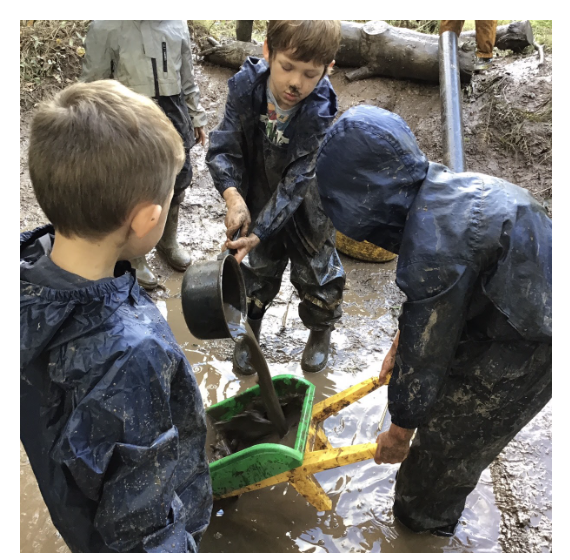
OWL
Please click here for details -
' style="width: 100%; ">You have not allowed cookies and this content may contain cookies.
If you would like to view this content please
You have not allowed cookies and this content may contain cookies.
If you would like to view this content please

PE
Core - Personal
This unit teaches children to develop coordination skills. Skills are developed through developing different footwork skills and balances.

PE
Core - Social
Children learn how to cooperate and take part in small group tasks. Children use a range of dynamic balances to complete jumps and safe landing.
SPRING
Science
Forces & Magnets
This project teaches children about contact and non-contact forces, including friction and magnetism. They investigate frictional and magnetic forces, and identify parts of a magnet and magnetic materials.
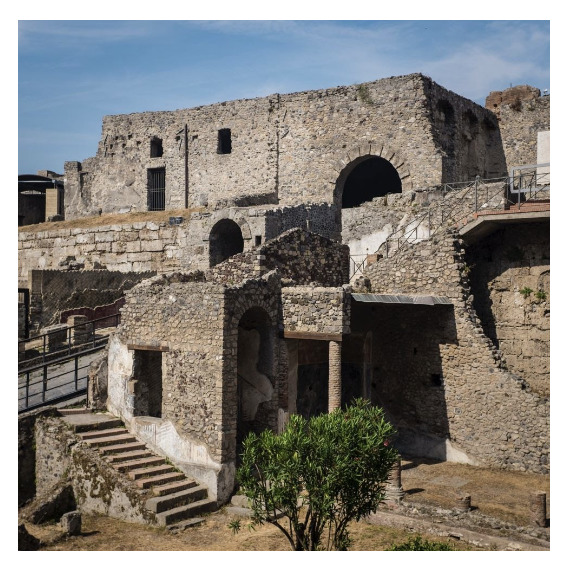
History
Pompeii
This project teaches children about a significant event in history, what caused it and the consequences - both long and short term. Children will learn about Pompeii, an ancient Roman city that perished when Mount Vesuvius erupted in AD 79. The archaeological site of Pompeii is historically significant because it provides a large amount of information about Roman life.
Geography
Rocks, Relics & Rumbles
This project teaches children about the features and characteristics of Earth's layers, including a detailed exploration of volcanic, tectonic and seismic activity.
Art
Ammonite
This project teaches children about artistic techniques used in sketching, printmaking and sculpture.
Art
Urban Pioneers
Explore the culture and environment of city life. Children develop their knowledge of building design, urban art and photography, and learn how to improve urban environments.
DT
Making It Move
This project teaches children about cam mechanisms. They experiment with different shaped cams before designing, making and evaluating a child's automaton toy.

Music
Iron Man Soundscapers - Composing
This unit focuses on helping children develop improvisation and composition skills by creating a soundtrack for The Iron Man book study. They will identify the story's mood and use musical elements to create an appropriate soundscape. Children will learn about music elements and how to combine them for an effective composition. By the end, they will have improved their creativity, collaboration, and musical skills.

Music
Symbolic Singers - Singing and Performing
In this unit Year 3 will use their voice in different ways, including using a loud or soft voice, and identify simple repeated patterns. They will use their voices to create notes of different pitches, durations and dynamics. This will be carried out by highlighting certain lyrics and creating different moods. Year 3 and 4 will perform together for an Easter production.
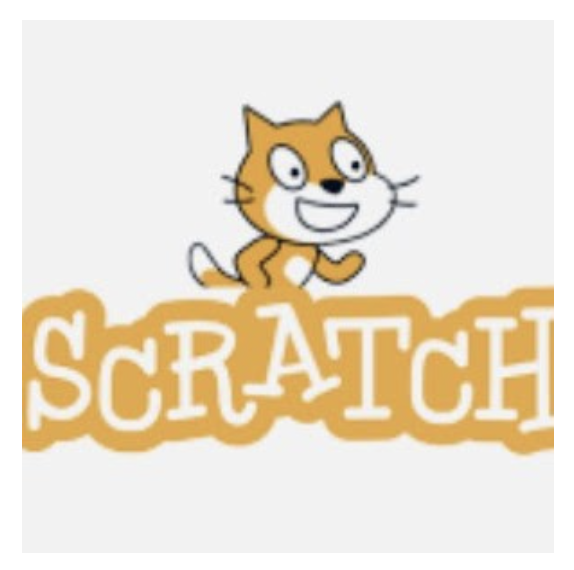
Computing
Perfecting Programs
Programming
Using Scratch, children will develop their coding skills. They will be able to design a program, create a sequence of code and evaluate their program.

Computing
Sorting Stories
Data Handling
The children will create their own sorting diagram and complete a data handling activity with it using images and text. They will input simple data into a spreadsheet. The children will then use the class story to create a feelings chart to explore characters’ feelings.

OWL
Please click here for details -
' style="width: 100%; ">You have not allowed cookies and this content may contain cookies.
If you would like to view this content please
You have not allowed cookies and this content may contain cookies.
If you would like to view this content please

PE
Core - Cognitive
This unit supports children to use their cognitive skills in PE. Children understand how to judge performance and use this to identify parts to work on. Children can explain why someone is working well. In team games children begin to understand and use tactics of attacking and defending.

